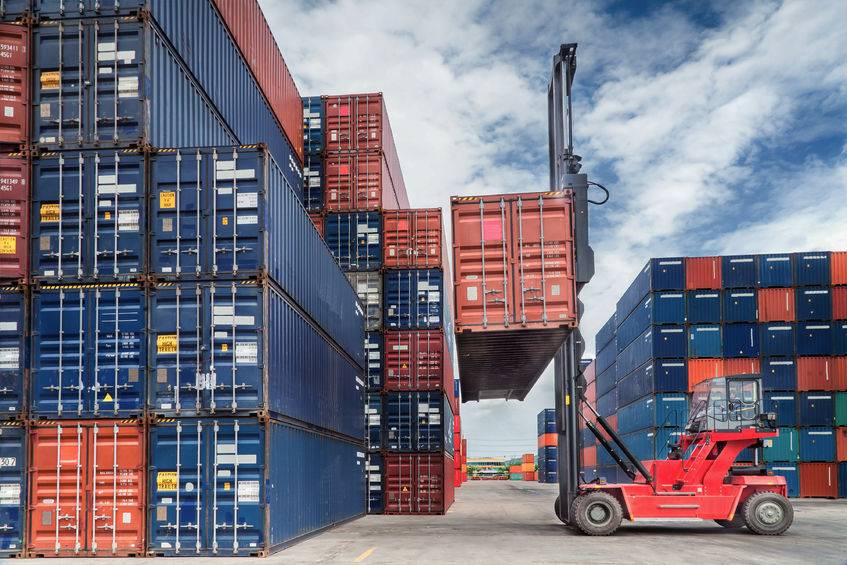
Trade with the rest of the EU must continue in a "free and frictionless" way after March 2019, according to a farming union.
NFU Cymru said farmers, processors and the wider industry must know what markets are open to them after Brexit day so business decisions are set in stone.
NFU Cymru Deputy President John Davies appeared before the House of Commons’ Welsh Affairs Committee on Tuesday (12 December) to present the union’s key asks post-Brexit.
Mr Davies spoke of the need for the UK to remain part of the EU’s Customs Union arrangement after it leaves the European Union in March 2019.
He said it must be a transitional measure, until any free-trade agreement with the rest of the EU takes effect.
Having given evidence to the Committee as part of their enquiry into Brexit, Agriculture, Trade and the Repatriation of Powers, Mr Davies said: “I am pleased at last week’s developments which are a positive step forward and do now appear to pave the way for the Brexit talks to move on to the crucial second phase around trade.”
Prime Minister Theresa May and European Commission President Jean-Claude Juncker declared that "sufficient progress" had been made on the "divorce issues" to begin the negotiations on their future trading relationship.
The government has confirmed that there will be no "hard border" with Ireland; and EU citizens in the UK, and UK citizens in the EU, will see their rights protected.
The decision will now be approved by the other 27 EU leaders at a summit on Thursday (14 December).
Tariff-free in sight?
Mr Davies said that although the UK may well reach agreement on withdrawal and transition within the next year or so, it is still yet known whether a tariff free trade deal will be in sight, let alone concluded by March 2019.
He added: “For that reason, as a transitional measure we need to remain part of the EU’s Customs Union arrangement after Brexit day to ensure that the goods we sell into the European Union are not subject to tariffs and non-tariff barriers.”
Over three quarters of Wales' food and drink exports go to the EU, including over a third of lamb. It is seen as essential to the Welsh farming industry that trade continues in a free and frictionless manner after March 2019.
Mr Davies said that farmers, processors and everyone involved in the food industry need to be able to make business decisions with some idea of what markets will be open to them after March 2019.
He said production cycles in agriculture are long, and many animals currently being born on farms in Wales will not be marketed or reach their productive potential until after the UK has left the EU.
'Devastating impact'
“The effects of tariffs on our produce would have a devastating impact on Welsh agriculture, if suddenly our lamb is 46% more expensive, our beef 65% more expensive, or our cheddar cheese 43% more expensive in the EU 27,” Mr Davies explained.
“Food is also of course a perishable product, and on top of our concerns about tariffs, we can ill-afford to see delays in our produce getting on to crucial EU markets, through border checks and processes and procedures that slow down the movement of our produce. We must maintain the free and frictionless trade between the EU and the UK.
He said the UK needs a "managed transition" out of the EU, explaining that a Customs Union will give all sides the time to negotiate the free trade agreement with the EU that all parties need.
“There are 53,000 people employed on farms in Wales and some 223,000 working in our food and drink sector, with many of these jobs only there because of the export opportunities we currently enjoy with the EU.”
